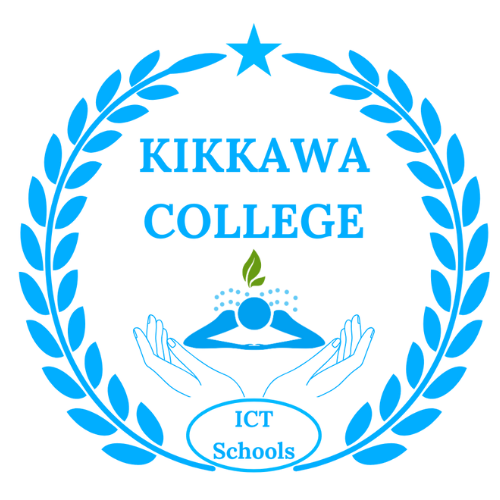The Heart of a Well-Run Healthcare Facility
Every patient’s healthcare journey starts before they see a doctor. When they enter a clinic, the reception desk greets them warmly. Organized forms and efficient scheduling set the tone. At the center stands the Medical Office Administrator (MOA). These professionals help patients and healthcare teams focus on quality care.
What Medical Office Administrators Do
MOAs keep healthcare facilities running smoothly. They manage patient records and schedule appointments. They coordinate billing and handle insurance claims. All work follows strict privacy laws like Canada’s PHIPA. The role requires technical skills and clear, empathetic communication. For more details, visit the Canadian College of Health Information Management.
More Than Just Paperwork
MOAs don’t just handle files. They’re often the first contact for patients. They answer questions and provide reassurance. Their work balances accuracy with compassion. This matters most when patients feel anxious. Top MOAs multitask well under pressure while also keeping a welcoming environment.
Growing Demand for Skilled MOAs
Canada’s population is aging. Healthcare facilities are expanding. This creates more MOA jobs. Clinics now use digital records and EHR systems. Professionals who master these tools are in high demand. Canada Health Infoway reports that tech is changing clinic operations.
How ICT Schools Prepares You
ICT Schools’ Medical Office Administration Diploma covers all essentials. Students learn medical terms and healthcare procedures. They master billing systems and EHR software. The program also teaches communication skills. Small classes and hands-on practice build confidence. Graduates enter the workforce ready to succeed.
A Career That Makes a Difference
MOAs do more than organize. They’re the steady force behind healthcare teams. If you like structure and helping others, this career fits. It’s one of healthcare’s most vital support roles.






